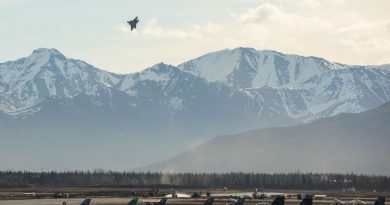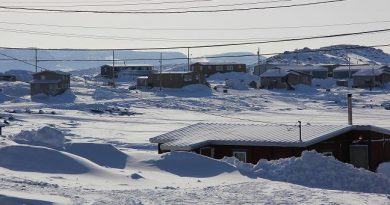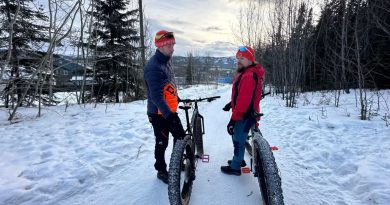Voters in Nunavut, Canada head to the polls in 6th general election
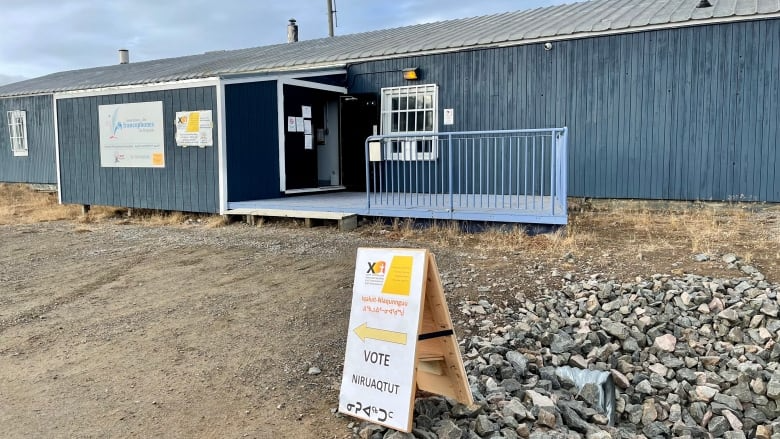
Today voters will elect members of territorial legislature for 17 of 22 constituencies
It’s election day in Nunavut, the final day for roughly 14,000 eligible voters to go to polling stations throughout the territory to elect new members of the legislature for 17 constituencies.
In five other Nunavut constituencies, no elections will take place because the candidates, including former premier Joe Savikataaq, were acclaimed.
The results will be broadcast in our live election special on CBC-TV hosted by Joanna Awa in English and Inuktitut. The show starts at 9 p.m., when the polls close in western Nunavut.
Watch the special live on CBCNews.ca, on our CBC Nunavut Facebook page or on CBC Gem. You can also tune in on CBC North Radio One, or follow us on Twitter, @CBCNorth.
In Iqaluit, with about 4,000 of the territory’s voters, Elections Nunavut hopes eligible voters will come out to cast ballots.
Iqaluit water crisis could impact turnout
“We understand that people might have other priorities right now like the water situation,” said Nunavut’s chief electoral officer, Dustin Fredlund, speaking of the current crisis in Iqaluit.
Fuel-contaminated drinking water led city officials to declare tap water unsafe to drink on Oct. 10. Since then, hundreds of thousands of litres of bottled water have been flown to the city.
“We hope that people can still find time in their daily lives to source and secure drinking water to go out and vote as well,” Fredlund said.
“It’s not as important to the body as water, but I think it’s important to our local democracy to have everyone who’s able to be eligible to vote.”
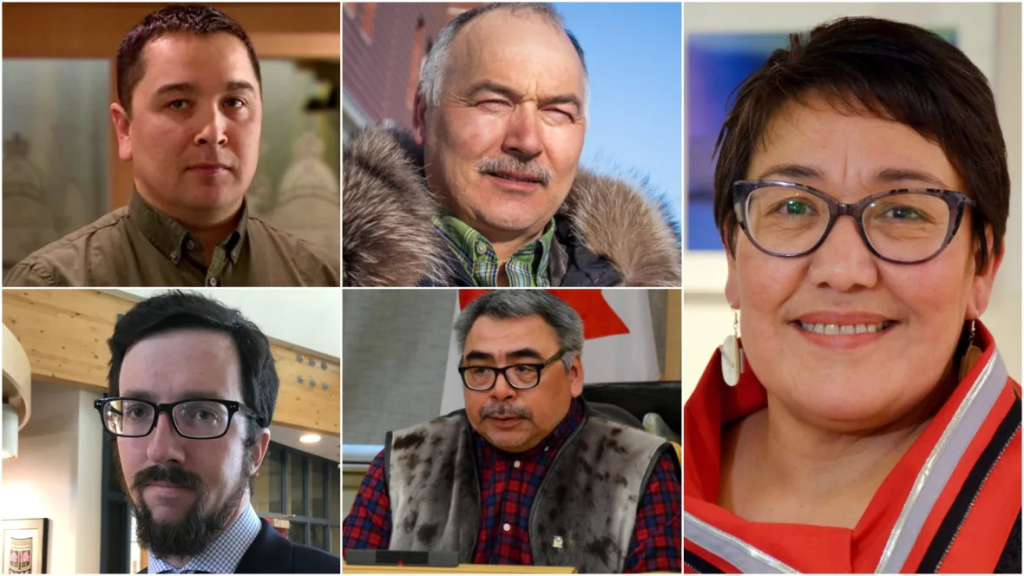
Nunavut races to watch
The city has four seats at stake in the election, two of which are sure to result in a new member of the legislature after the incumbents, Pat Angnakak and Elisapee Sheutiapik, declined to run again. In two other races, incumbents are fighting to regain their position.
In Rankin Inlet North-Chesterfield Inlet, veteran Nunavut politician Cathy Towtongie, who was the first female president of Nunavut Tunngavik Inc., is aiming to keep her seat from two challengers.
In Rankin Inlet South, another veteran politician, Tagak Curley, is hoping to unseat the incumbent, Lorne Kusugak. Curley was the first president of Inuit Tapirisat of Canada, now Inuit Tapiriit Kanatami, but has not served in the territorial legislature since 2013. Kusugak, a former mayor of Rankin Inlet, was most recently Nunavut’s health minister.
Pond Inlet presents another heated race, with two challengers taking on the incumbent, David Qamaniq. Former mayor and Anglican priest Joshua Arreak has been outspoken in the face of the Baffinland Iron Mine’s Mary River project. Karen Nutarak, meanwhile, was a recipient of the $1-million Arctic Inspiration Prize in 2015 for the Pirurvik Preschool, which she co-founded.
Meanwhile, in Cambridge Bay, Peter Ohokak, an administrative manager with Nunavut Tunngavik Inc., and former mayor Pamela Hakongak Gross are challenging the incumbent Jeannie Hakongak Ehaloak.
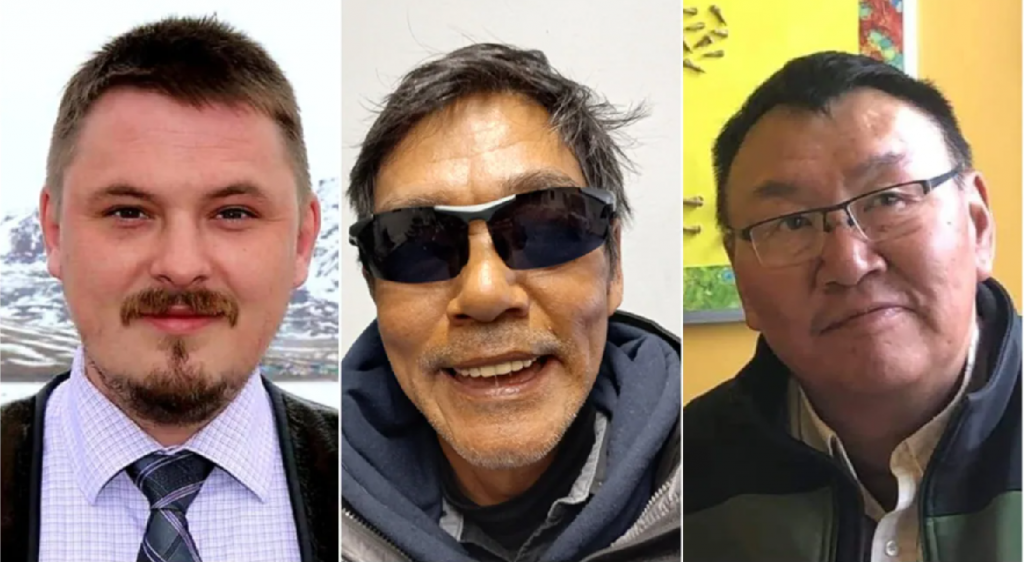
Changes to polling station locations
In the 2017 territorial election, turnout was 63.3 per cent.
For voters in Iqaluit, another challenge is to know where to vote and which of four constituencies they live in: instead of all constituencies voting in Cadet Hall as they have in the past, only voters in Iqaluit-Manirajak will vote there this year due to COVID-19 capacity restrictions.
Voters in Iqaluit-Niaqunnguu will go to the Francophone Centre. Those in Iqaluit-Tasiluk vill vote at the Frobisher Inn and those in Iqaluit-Sinaa will vote at the Catholic Parish Hall.
This is important because voters must vote in the constituency where they live. There’s an easy way to determine that by using the Elections Nunavut interactive map where house numbers can be entered, Fredlund said.
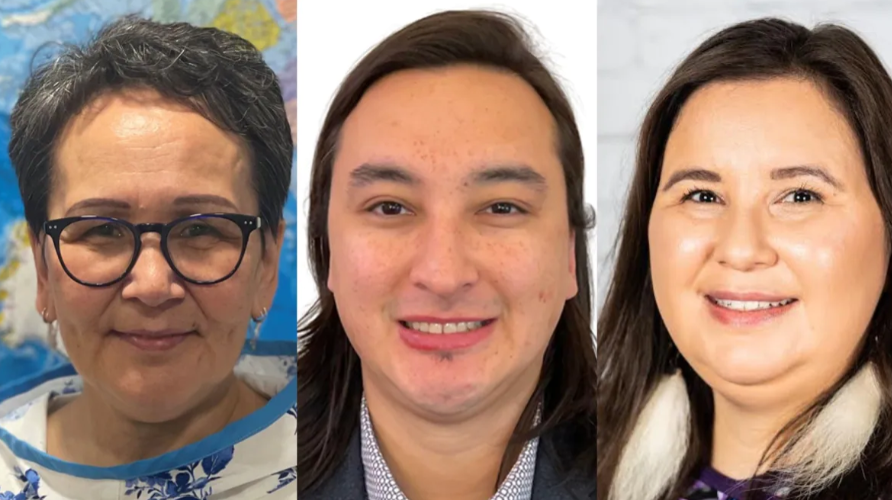
As a defence against COVID-19, protective measures are in force at all polling stations, Fredlund said. These include physical distancing, capacity limits, sanitizers and personal protective equipment for all election officers.
In Coral Harbour, the only Nunavut community with active cases of COVID-19, additional precautions are in place, allowing those who are ill or in isolation to vote at home. As of Friday, there were four cases in the hamlet of about 900.
Any voters who are either ill or in isolation may also contact Elections Nunavut directly if they are unwell, if they’ve been told they’re not allowed to attend public places or if they feel uncomfortable attending a public place.
In all polling stations, masks are mandatory. “We will have masks for voters who don’t have their own,” Fredlund said.
Voting results from advance polls showed 1,762 voters cast ballots early.
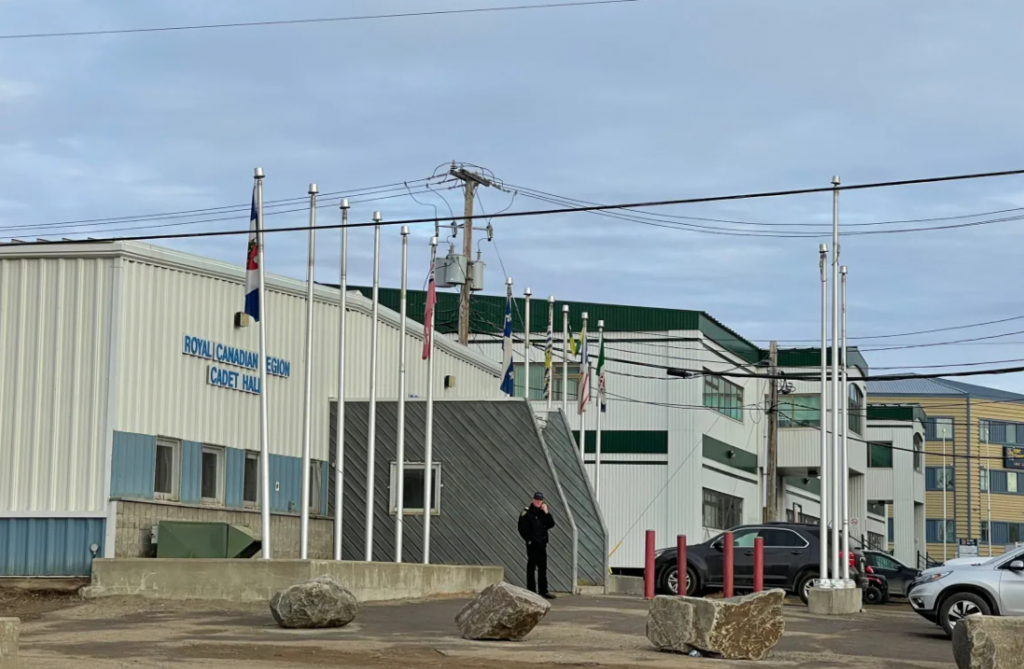
Polling station hours run from 9 a.m. to 7 p.m. local time today.
You can vote if you are a Canadian citizen, 18 years or older and have lived in Nunavut for at least one year.
You may not vote if you have a court order that says you don’t understand your actions or you can’t decide things for yourself, if you committed a crime and are in a place for people with mental illness or if you have been convicted of breaking an election law anywhere in Canada in the last five years.
To better know candidates, you can go to our candidate tracker, in Inuktitut or English.
Related stories from around the North:
Canada: Royal Canadian Navy ship completes Northwest Passage journey for first time since 1954, CBC News
Finland: Arctic Finland to see biggest military exercise of the year, Yle News
Greenland: Greenland, Denmark and the Faroe Islands sign terms of reference for committee on foreign affairs and defence, Eye on the Arctic
Iceland: Nordics should aim for common approach to China’s Arctic involvement says report, Eye on the Arctic
Norway: Norway’s new government highlights fight against climate change and continued oil drilling, The Independent Barents Observer
Russia: National security chief says Russia must bolster its Arctic military, The Independent Barents Observer
Sweden: Sweden inaugurates new regiment in sub-Arctic Arvidsjaur, Radio Sweden
United States: Norway ambassador visits Alaska to talk climate, Russia and, yes, Norwegian dog mushing success, Alaska Public Media

